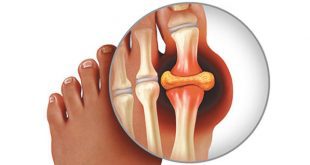By Dr. Carl Klutke


Stress incontinence is leakage that occurs with physical stress, such as a cough or strain – especially during exercise like gardening or golf!
Urge incontinence symptoms can include a sudden, uncomfortable need to urinate with or without urine leakage. Initial treatment combines muscle relaxers, and learning new techniques that include timing voiding intervals, reducing fluid intake and exercising pelvic floor muscles. Newer, and less invasive, procedures now provide an interim step, such as sacral nerve stimulation and Botox injections.
Sacral nerve stimulation is used to quiet an overactive bladder beysending controlled pulses of electrical energy to the nerves. This concept is similar to a pacemaker. Usually, after seven days of test stimulation, an outpatient surgery can be scheduled to implant the pacemaker, using local anesthesia with sedation.
Botox is a neuromuscular blocker used for bladder relaxation in cases that are un-responsive to medication. Botox blocks the nerve endings to the bladder, thereby preventing spasms that cause the urinary urgency and incontinence. These injections have been shown, in numerous published studies, to be very effective, lasting six to eight months. Subsequent injections normally prove to be as successful as the initial treatment.
For stress incontinence, when medication, and/or either of the non-invasive treatments are not successful, there is a procedure that has been refined over the past twenty years, the urethral sling. This outpatient procedure is done under local anesthesia and requires minimal recovery time.
All of the above treatments are covered by Medicare and most commercial health insurance plans.
All procedures are pre-authorized for payment.
RTR UROLOGY
842 Sunset Lake Boulevard, Suite 403
Venice, FL 34292
For more information please contact RTR Urology | (941) 485-3351 | www.rtrurology.com
 Southwest Florida's Health and Wellness Magazine Health and Wellness Articles
Southwest Florida's Health and Wellness Magazine Health and Wellness Articles

